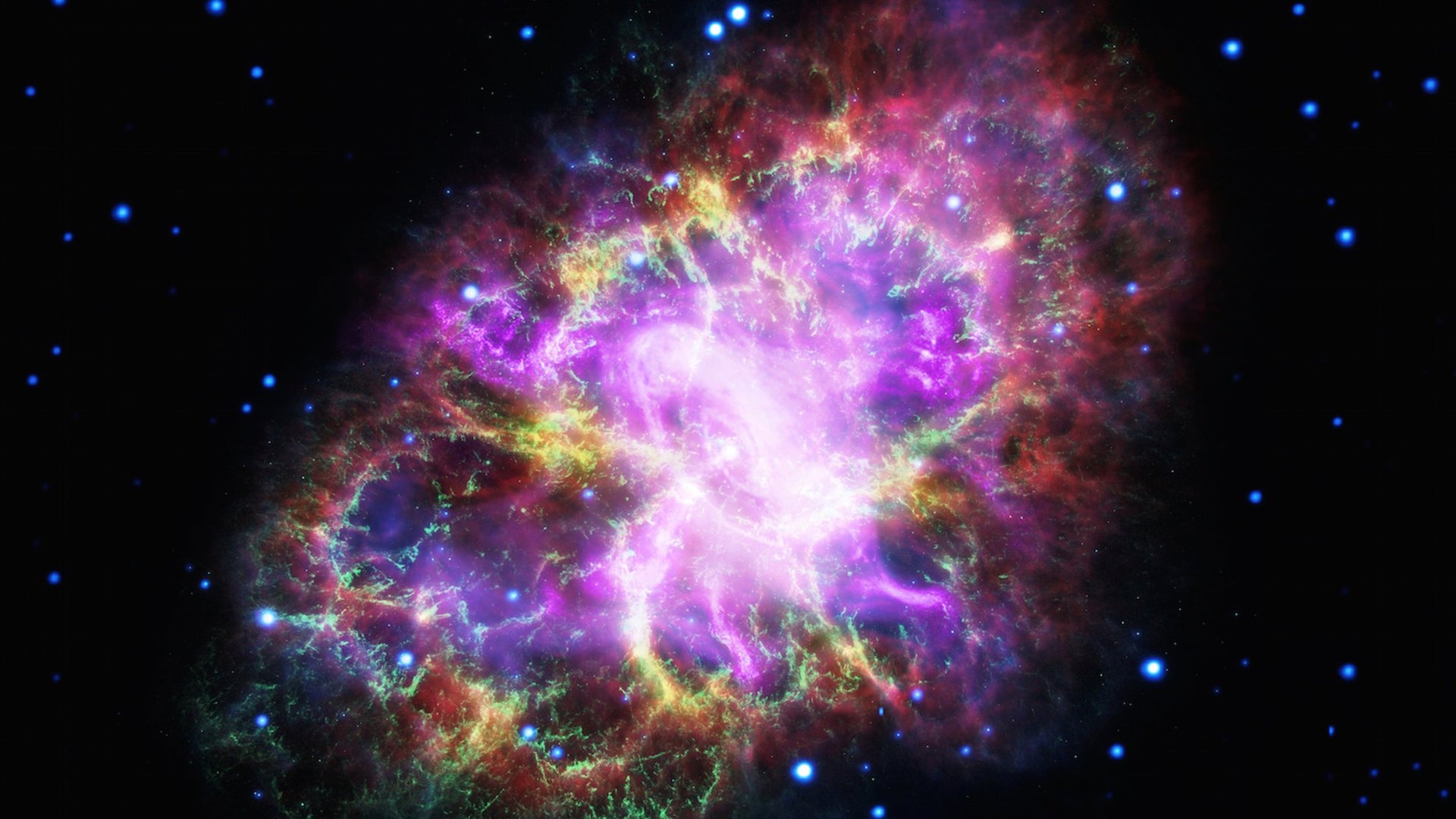The best metaphors for what it’s like to await the US election results
It’s hard to know what to do with ourselves as the world awaits the results of the US presidential election. One way to pass the time is to come up with metaphors and similes about how it feels to stand by, filled with anxiety about the outcome but powerless to influence it one way or another. Americans, after all, have already decided whether the next president will be Donald Trump or Joe Biden. It’s just going to take a while to count the ballots.


It’s hard to know what to do with ourselves as the world awaits the results of the US presidential election. One way to pass the time is to come up with metaphors and similes about how it feels to stand by, filled with anxiety about the outcome but powerless to influence it one way or another. Americans, after all, have already decided whether the next president will be Donald Trump or Joe Biden. It’s just going to take a while to count the ballots.
Perhaps this moment is a bit like watching a supernova thousands of lightyears away, as software engineer Jacob Harris suggested:
Or perhaps, as talk show host Jimmy Kimmel wrote, it’s more reminiscent of a high-stakes operation:
On social media, many people appeared to be leaning toward the metaphor of voting as completing a group project with people you don’t trust. “I know I did my part right, but I’m worried the rest of you screwed it up,” one Reddit poster said.
Should none of these metaphors accurately describe the emotions you’re feeling right now, the Quartz newsroom and friends have a few more options:
- “It’s like opening the letter from the school you really want to get into,” says executive editor Heather Landy. “You’re either going to be over the moon or gravely disappointed.”
- Or perhaps, as David Yanofsky, editor of the Things team, suggests, it’s more like “knowing the letter is in your mailbox, but you’re not home to open it.”
- “When you’re waiting for someone to get back to you about something important and you keep seeing the typing bubble, then it goes away, then it comes back, then it goes away,” says reporter Annalisa Merelli.
- “Feels like the whole country is on Maury waiting to find out who’s the father,” a friend tells Phoebe Gavin, editorial director of audience.
- “It’s like when the sneeze won’t come,” Gavin adds.
- “When you eventually get a text from someone you know you’ve managed to upset, and take your time opening it,” says Hasit Shah, deputy editor of global finance and economics.
- Most viscerally, it’s like “birthing a baby that you might hate,” says news editor Susan Howson.
None of this is meant to make light of the feelings of hope, dread, and fear that many people may feel as they wait to find out who the next US president will be. Metaphors matter because they help us to process our own thoughts and emotions and communicate how we feel to others. As George Lakoff and Mark Johnson explain in the book Metaphors We Live By, they can even influence our behavior.
“New metaphors are capable of creating new understandings,” they write, “and, therefore, new realities.” For example, one study found that describing the need to take action against climate change as a war, rather than a race, made people feel a greater sense of urgency about the issue. And so the metaphors we share with one another on the internet today may yet shape the political landscapes in which we live.